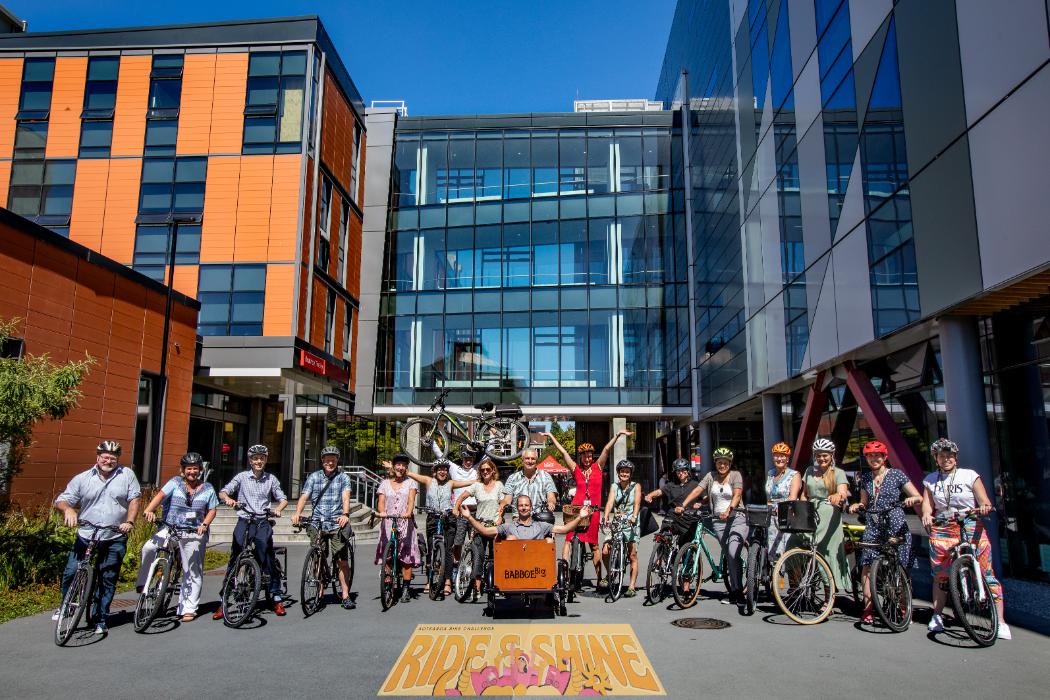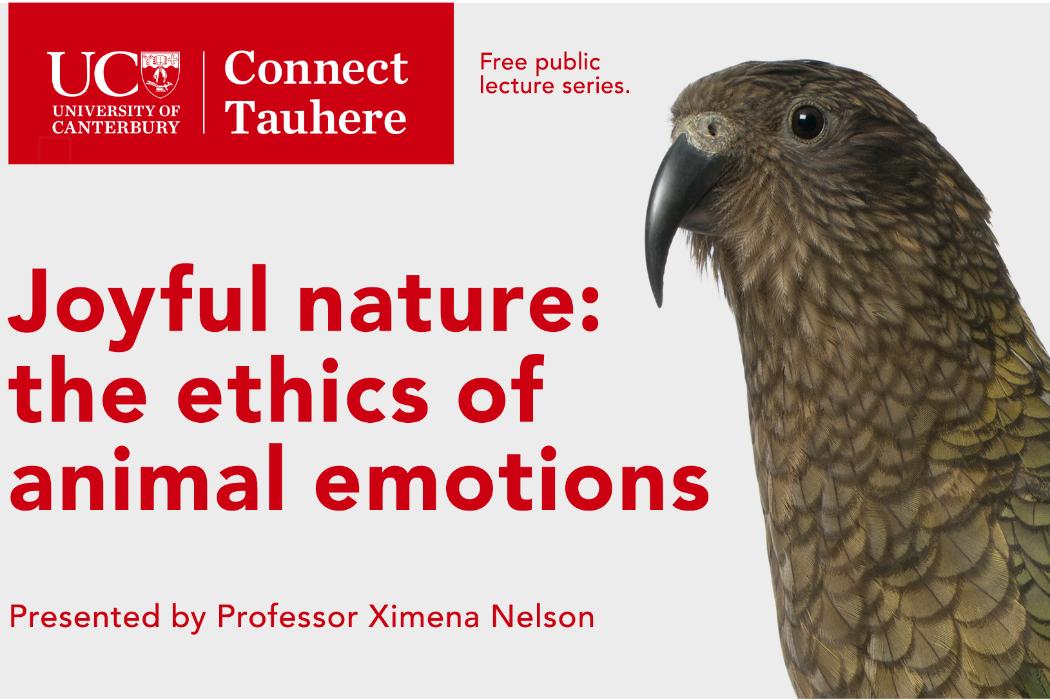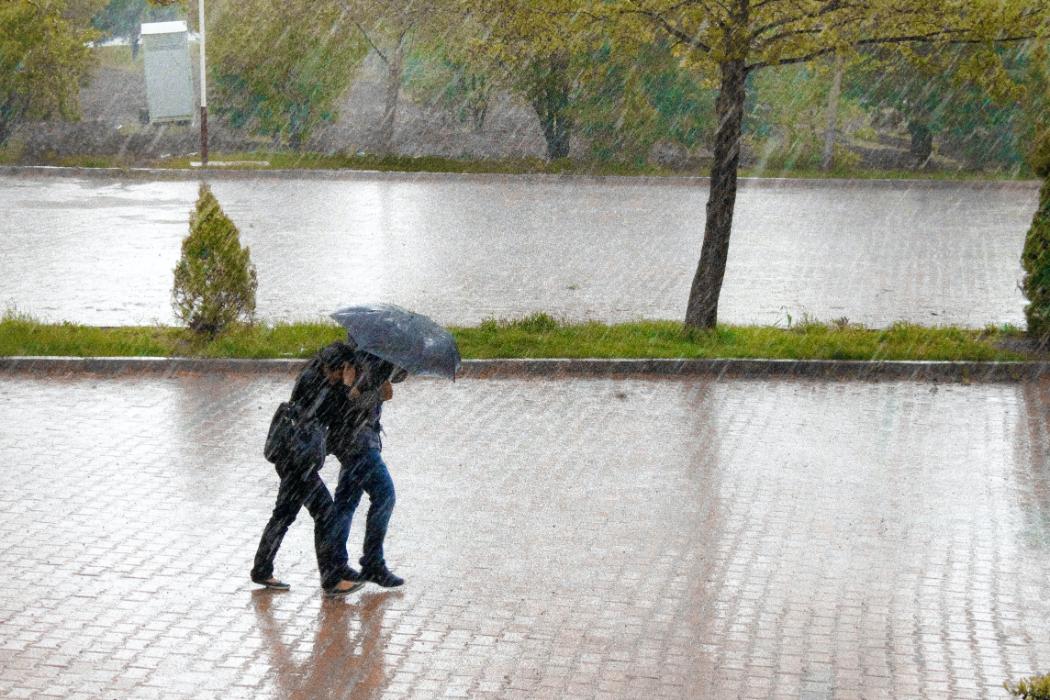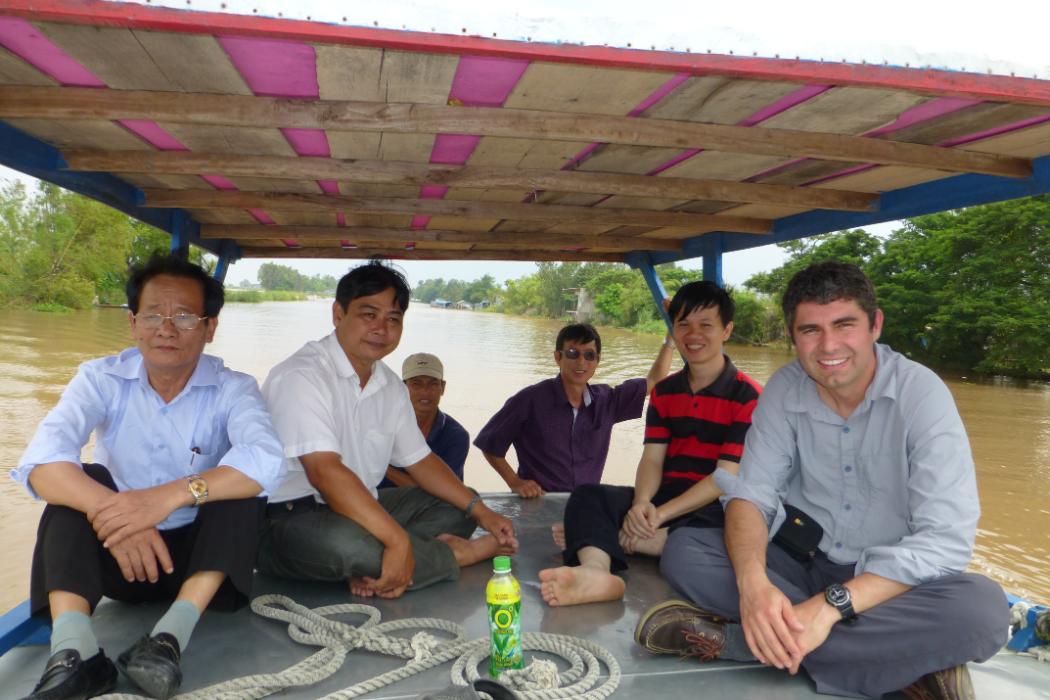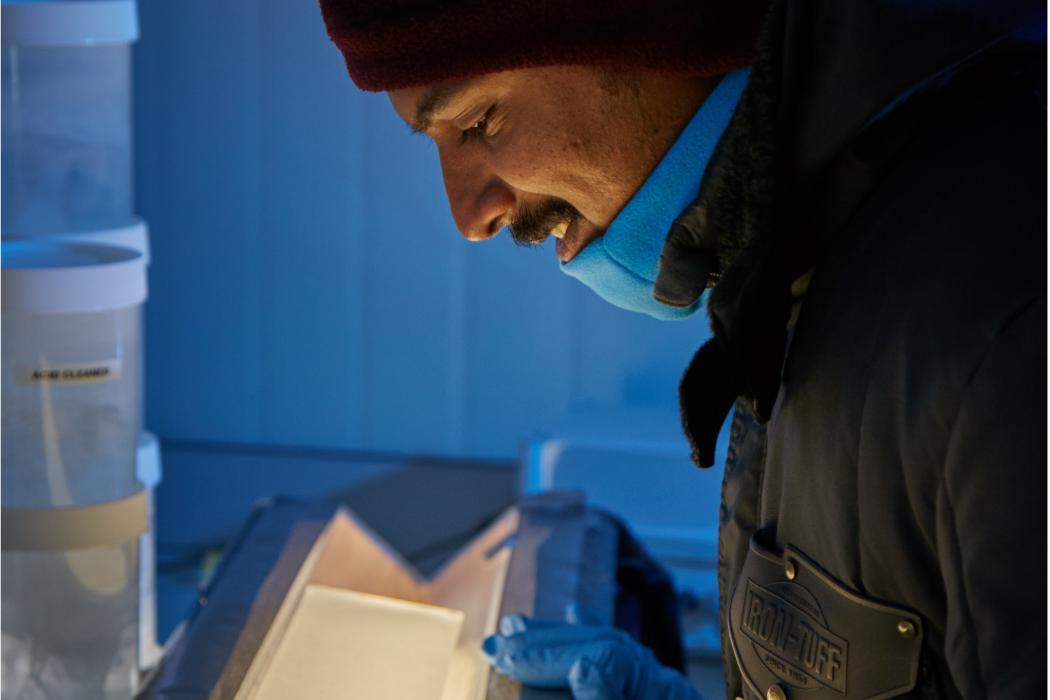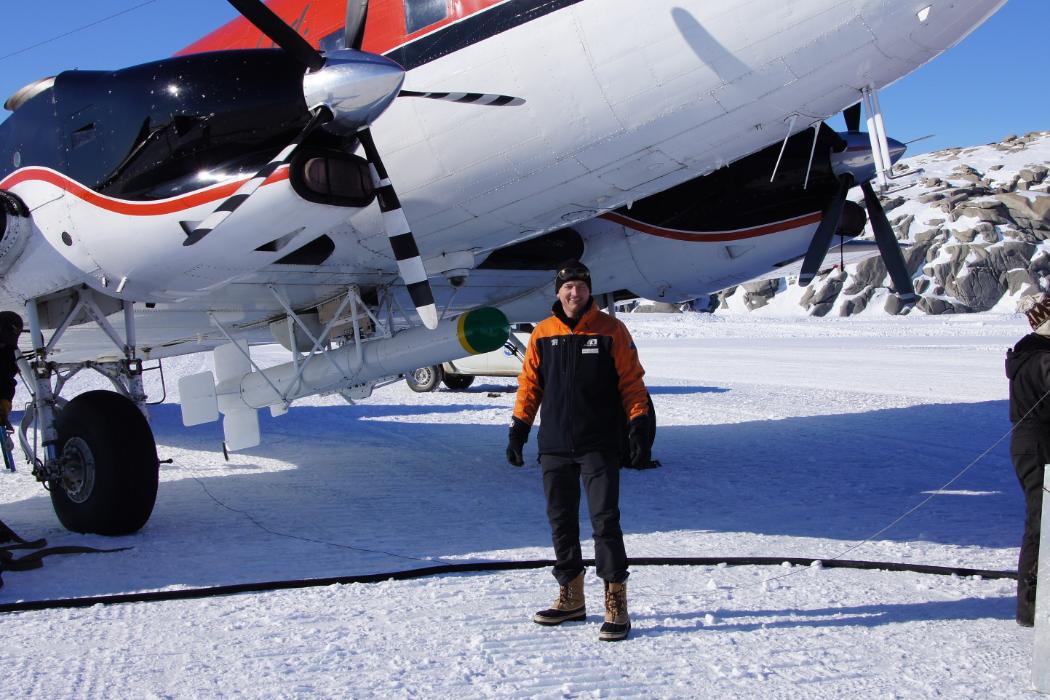Methane-munching microbes
Agricultural methane is responsible for 41% of New Zealand’s greenhouse gas emissions, but researchers want to change that by harnessing help from tiny living organisms. Professor Peter Gostomski’s pioneering research will explore the use of on-farm biofilters to remove methane from the atmosphere. His research would use methane-eating microbes (microscopic organisms that live all around us) to convert methane back to CO2, which is considered carbon neutral as it is taken up by grass as it grows – a process known as photosynthesis. "Currently, commercial options for reducing the methane released by cows is limited to changing the herd genetics or expensive supplements. Biofilters could complement these technologies," says Professor Gostomski. New Zealand has pledged to decrease its biogenic (cow-produced methane) methane emissions by 10% by 2030, however there is no existing economically viable solution. “Our research aims to prove that we can remove agricultural methane in a cost efficient and sustainable way,” says Professor Gostomski.
Researching solutions to global environmental problems
Three UC academics were awarded Rutherford Discovery Fellowships to explore solutions aimed at climate change challenges, harnessing the power of enzymes for carbon capture, and helping cities prepare and adapt for an uncertain future. Associate Professor Elizabeth Macpherson’s research will investigate legal frameworks to support blue carbon futures. Blue carbon refers to carbon dioxide stored in coastal aquatic ecosystems such as saltmarshes, mangroves, seagrass meadows, and wetlands. Dr Amy Yewdall’s research work is on a pioneering system she has developed that can keep enzymes working at their best outside of cells, an innovation that could revolutionise synthetic biology. Dr Tom Logan will explore how cascading risk and multiple uncertainties can be built into climate adaptation planning. “Recent events, such as Cyclone Gabrielle, were a rude awakening to the future our communities face from multiple hazards exacerbated by climate change, and we must provide communities scientifically robust guidance on managing these interconnected impacts so they can effectively adapt,” says Dr Logan.
Tackling plastic waste together
Thanks to UC staff, just over 100kg of rubbish was removed from a popular site for endangered birds. Organised by UC and Environment Canterbury, volunteers joined a clean-up day at a popular nature reserve and breeding area for endangered bird species like the Australian bittern. The nature reserve gets a lot of rubbish build-up and due to the proximity of the area to waterways, there is a high risk of plastic waste transferring to the ocean. The team collected a total of 102kg of rubbish, and over 20kg of recycling. The collaboration comes after UC and Environment Canterbury signed a memorandum of understanding, solidifying their commitment to the environment.
Cutting freight transport emissions
Research Engineer Patricio Gallardo says a shift to coastal shipping and rail could cut New Zealand’s freight transport emissions and asks why we are not doing it. Trucking accounts for nearly 80% of New Zealand’s heavy goods transport, and a 94.5% share of the total emissions from heavy freight transport.
Despite its advantages, trucking is associated with external costs, including higher carbon emissions than other modes of transportation. Gallardo and his research team have created a transport dashboard to visualise the carbon footprint of freight movements within New Zealand for a detailed understanding of the current heavy-freight system. Gallardo says freight transport emissions can be reduced through cost-effective investments in multi-modal infrastructure and alternative propulsion technologies.
When it rains, it really does pour
With recent extreme weather events happening in New Zealand and internationally, new research aims to improve predictions of heavy rainfall and provide the public with earlier warnings so they can prepare for extreme weather events. PhD student Cameron McErlich used a range of models and satellite observations to examine daily rainfall. “By watching changes in rainfall occurrence, we can use our findings to understand regions where extremes might change. The findings are important, because currently weather and climate research treat these things separately. Previously, we haven’t been able to verify that information as weather stations are not well-distributed, especially over the ocean. This research gives us that verification and we can show that the phrase is actually accurate,” says McErlich. Not only is the research important for New Zealand but it will also be important globally, as climate change influences the frequency and intensity of extreme weather events.
Pacific-NZ partnership builds international climate crisis research community
The Pacific Ocean and Climate Crisis Assessment (POCCA) is a significant multi-disciplinary research project led by Director of UC’s Macmillan Brown Centre for Pacific Studies, Distinguished Professor and Pro-Vice-Chancellor Pasifika, Steven Ratuva. Supported by a grant from the Ministry of Foreign Affairs and Trade, and in collaboration with the University of the South Pacific, the project involves over 100 researchers from 16 countries, as well as numerous community members. Their objective is to address the pressing climate crisis in the Pacific region and develop climate-proofing policies for the future. By focusing on resilience, adaptation, and sustainability, the project aims to understand local responses to the climate crisis. This initiative represents the most extensive climate research effort in the Pacific and is creating the largest database of climate impacts and responses in the region.
Documenting climate impacts in Samoa
Dr Christina Tausa from the Macmillan Brown Centre for Pacific Studies at UC, recently returned from a research trip to Samoa where she interviewed families about the impacts of climate change and the adaptations they are making, which include drawing on indigenous knowledge. Dr Tausa documented physical and social challenges, such as food security and cultural impacts. “The elderly and fishermen said fish were once abundant and they could go and gather shellfish as well, but now there is hardly anything due to ocean warming. Even in the plantations, it’s now really hard to grow things because there is just no rain, whereas before, the crops were abundant,” says Dr Tausa. Ultimately the research will help Pacific Islanders find solutions. “We want to harmonise indigenous knowledge with scientific knowledge in a way that is practical and effective for people of this vulnerable region,” says Dr Tausa.
Global effort to save Mekong Delta
Vietnam’s Mekong Delta is a global agro-economic powerhouse, home to 17 million people, but rising sea levels and the unsustainable management of water and sediment could drown the delta by the end of the century. UC is part of an international team whose joint research highlighted the potential demise of the Mekong Delta and proposed solutions to prevent the loss of this valuable ecosystem. Research co-author UC’s Professor Tom Cochrane has been studying the impacts on the Mekong River’s ecosystems and livelihoods since 2009. The concern is that the severity and urgency of the threat to the Mekong Delta may not have reached key decisionmakers and has not been mainstreamed in planning and investments. Professor Cochrane says, “A Mekong Delta that will thrive beyond the end of this century is possible but requires fast and concerted action in a basin that’s been riddled by competition, rather than cooperation, between its riparian countries.”
Drones, snow radars, and climate change
Innovative airborne radars could soon be used to measure snow depth in New Zealand’s alpine areas, helping to predict avalanche risk and monitoring the impacts of climate change. The radars send signals to the ground which bounce back providing information on the thickness of snow beneath. This can be combined with satellite imagery, allowing the generation of 3D maps of snow load. The technology is being developed by a UC-led team. “The data provided by this technology, which is accurate to within just a few centimetres, could be used by ski fields, helping to predict avalanche risk and assess the safety of access roads in the mountains. It could also be used to assess snowfall changes on glaciers, find the safest areas to ski and provide information on snow melt for hydro power generation,” says Associate Professor Wolfgang Rack.
UC joins the Race to Zero
In 2021 we joined the international campaign, Race to Zero, aimed at halving global emissions by 2030. The United Nations-backed campaign has a membership of over 1000 educational institutions worldwide. UC’s Pro-Vice-Chancellor Sustainability, Professor Jan Evans-Freeman, says, “We join a number of universities in Australia who have signed up to this agreement, and we are currently the first in Aotearoa New Zealand to join the movement. Through Race to Zero we can support a worthy global initiative and reaffirm the important role universities play, plus we can learn from what other universities are doing in terms of their commitments, action plans, and progress reporting.”
Conserving our mountains one app at a time
UC graduate, Ambrose Ledbrook, is eagerly using his software engineering skills to keep the snow on the mountains by developing a new app that helps people live more sustainably. A new start up business was launched, DifferenceNow, which developed an app focused on helping people make behavioural changes to make their lifestyles more climate friendly. Ambrose’s motivation stems from childhood memories. “When I was a kid, it would snow every year in the town on my birthday,” he says. “Over the years, it began to snow less and less, and over time it’s become a huge deal [if it snows] in the town. I’m only 22 and over my lifetime I’ve already seen the effect that climate change has on the mountains.” He realised that at this rate of climate change, the next generation might never be able to ski the way he has, and he developed a passion to try something different that would help protect the environment.
Pioneering research recognised
The Earth’s climate and atmospheric composition are changing rapidly as a result of human activities. Dr Laura Revell, School of Physical and Chemical Sciences, conducts pioneering research on the impact of airborne microplastics on the global climate system. Dr Revell was awarded the 2021 Cooper Award from the Royal Society in recognition of her chemistry-climate interactions modelling work and research, and the significant contribution she is making to climate and atmospheric science. She has led numerous climate modelling studies examining how greenhouse gas emissions affect the ozone layer and air quality. Dr Revell says: “I am honoured to receive the 2021 Cooper award, and the acknowledgement it brings for my field of atmospheric chemistry and climate research.”
Efficient biofilters and climate change
Research into making biofilters more efficient could be key to New Zealand meeting its climate change targets and improving cattle farming long-term. Professor Peter Gostomski, a biofilters expert, leads a team aiming to dramatically improve the efficiency of biofilters in removing methane from dairy shelters. With 37% of New Zealand’s carbon footprint from methane produced by cattle, in order to reduce methane emissions by 10% by year 2030, biofilters could help meet this goal. “No-one has come up with a solution for nitrate leaching, other than getting cows off the paddock in autumn and early winter,” Professor Gostomski says. He believes a recent development called composting shelters would work well with his biofilters. These shelters allow cows to move around independently and contain wood shavings that compost over time. They benefit animal welfare and have had the unexpected advantage of improving milk production.
A Polar Law approach to climate change?
Who is legally responsible for protecting our ice caps? Could a Polar approach to climate change strengthen political and legal responses to climate change and other human activities in both the Arctic and Antarctic regions? UC Law Professor Karen Scott is co-editor of the Polar Law Research Handbook which explores these and other questions of law and policy relating to the Antarctic and Arctic. The Handbook brings together 35 leading international researchers exploring the Polar Law that applies to territory, peoples and activities in the Arctic and Antarctic regions. “There are Indigenous Peoples in the Arctic, in contrast to the Antarctic – and of course the geopolitical situation is quite different. The Arctic is largely
under the sovereignty of a number of states whereas the Antarctic is managed as an international space under the Antarctic Treaty System,” Professor Scott says. One possible benefit of identifying Polar Law (beyond law which applies to the Poles) is that it enhances the authority of the law, both within the regions themselves but also within other organisations such as the United Nations (UN) and the climate change regime.
New Year’s Honours list
Years of internationally recognised work were honoured in New Zealand’s 2021 New Year’s Honours list for Professor of Political Science Bronwyn Hayward. The passionate and dedicated academic was named a Member of the New Zealand Order of Merit (MNZM) for services to political science, particularly sustainability, climate change and youth. Professor Hayward has served as a Coordinating Lead Author for the Intergovernmental Panel on Climate Change (IPCC). She is co-primary investigator for the Centre for Understanding Sustainable Prosperity (led by the University of Surrey), leads the CYCLES Children and Youth in Cities Lifestyle Evaluation study in seven world cities, and is a well-respected and active researcher, author and media commentator. UC Vice-Chancellor Professor Cheryl de la Rey says, “It’s a great accolade that acknowledges the significant achievements of individuals who are UC academics. My heartfelt congratulations, and for contributing to our understanding of the world and for making a tangible difference for communities and for Aotearoa New Zealand.”
Gateway Antarctica
Located at UC, Gateway Antarctica plays a leading role in national and international Antarctic research. The Centre draws on interdisciplinary collaborative research networks across UC, and has three research programmes of global significance, and strategic importance. One programme engages in research on the causes, effects and responses of the Antarctic system to global change. Another programme focuses on individual species and communities and how they respond to environmental variability and change. The third programme engages in legal, historical, socio-cultural and policy analyses within the context of international law and foreign and domestic public policy.
Equipping Environmental Scientists to Make a Difference
In a first for Aotearoa, UC offers a four-year degree to upskill environmental scientists during a time of rising concern about climate change. The new Bachelor of Environmental Science with Honours degree will provide students with practical skills across varied disciplines of science. UC’s Professor Sally Gaw says environmental scientists are needed to step up and help address some of the urgent sustainability issues the world is facing: “Rapid environmental change and diminishing resource means the planet needs - more than ever - highly skilled environmental scientists empowered to make a difference.”
On Carbon Net Neutrality by 2030
We have been monitoring our emissions for over 10 years now, and achieved certification in the Carbon Reduce scheme in 2011. We were the first University in the Southern Hemisphere to do both. Since 2010 our greenhouse gas emissions have reduced by almost a third. Current plans to achieve further carbon net neutrality by 2030 involve six priority actions: low carbon energy and carbon sequestration programmes; reducing air travel, fleet vehicle emissions, and building electricity intensity; and expanding our EV charging network.
The Importance of Measuring Antarctic Sea Ice
In 2020, for the first time ever, a research team used a fixed wing aircraft to measure the thickness of a huge area of sea ice in Antarctica. Led by UC’s Glaciologist, Associate Professor Wolfgang Rack, the team measured the ice thickness by using a Basler BT-67 plane (modified DC-3) towing specialist equipment underneath, covering a massive area of around 800 kilometres. Associate Professor Rack explains: “Sea ice is important because it reflects sunlight, insulates the warm ocean from the cold Antarctic atmosphere and its formation controls global ocean circulation. How Antarctic sea ice responds to a warming planet is a key question in climate science, and as data sets are limited, this research will help place future change in context.” The team are planning another trip to Antarctica in late 2021 and the hope is, in future years, this can be done via satellite.
Emperor Penguins in Dire Straits
Emperor penguins are some of the most striking and charismatic animals on Earth. UC’s Dr Michelle LaRue participated in an international group study on emperor penguins. The group found that climate change may render this breed of (emperor) penguins extinct by the end of this century. By combining two existing computer models, the researchers ran the models using several scenarios in which global temperatures increase by varying degrees Celsius. Under one particular scenario of ‘business as usual’ they found there would be an almost complete loss of the emperor penguin colonies. “Basically, if we don’t hit the Paris Accord emissions goals, emperor penguins are in deep trouble,” says Dr Michelle LaRue.



